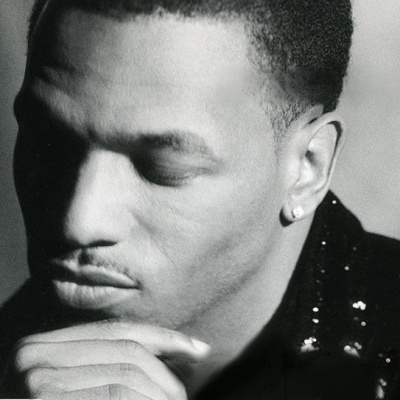
Horace Brown
by Linda SeidaHorace Brown's first single, an ode to oral sex, probably wasn't quite what a Baptist congregation would expect from the son of their minister. Brown's "Taste Your Love," released in 1994, was banned in parts of the South, and it drew the inevitable comparisons to Marvin Gaye's "Sexual Healing." The eyebrow-raising, tingle-inspiring single was initially put out by Uptown Records, and it was included on Brown's eponymous debut album from Motown two years later. Unlike Gaye's sexy single, it failed to crack Billboard's R&B Top 40. It also failed to prompt Uptown to release an album of Brown's that was already completed. The full-length release was shelved for the three years that Brown remained with the label. When Uptown's Andre Harrell jumped to Motown two years after "Taste Your Love" hit the airwaves, he took Brown along with him to the historic label. Motown put out a pair of Brown's singles, "Enjoy Yourself" and "One for the Money." Both songs were featured on his debut album, along with collaborations featuring Sean "Puffy" Combs and Faith Evans. The native of Charlotte, NC, sang for his dad's church services during his youth, but he never considered singing as a way to make his living. He had initially set a course for a career in professional basketball, but a knee injury permanently sidelined him. In addition to the gospel music heard in church, Brown also was influenced by a wide spectrum of other musical styles as he was growing up, including Stevie Wonder, Bobby Caldwell, The Gap Band, Steely Dan, Level 42, Genesis, and Sting. He also played several instruments during his teen years for his school's marching band, including the trombone and the saxophone. His first big break came in 1991, when Jodeci's DeVante Swing took a liking to one of Brown's demos. Brown went on to sing backup on a single by Christopher Williams. Brown also received a co-writing credit for "All I See." Uptown's Harrell witnessed the recording session and offered Brown a contract.
